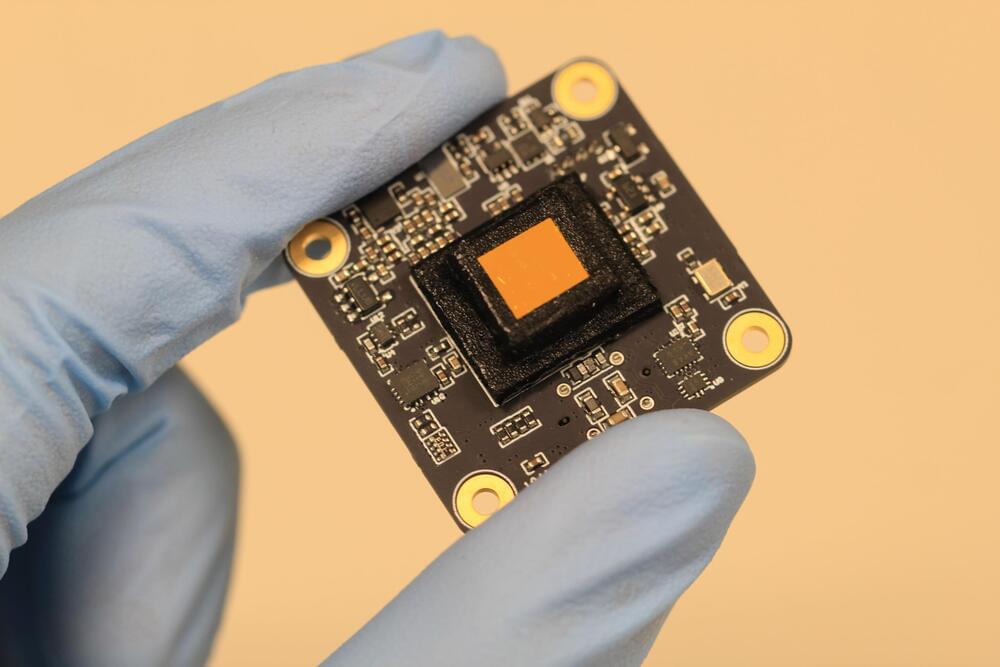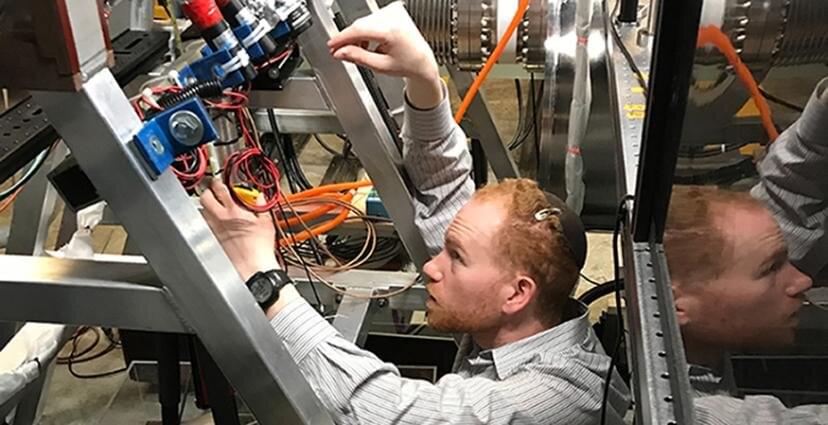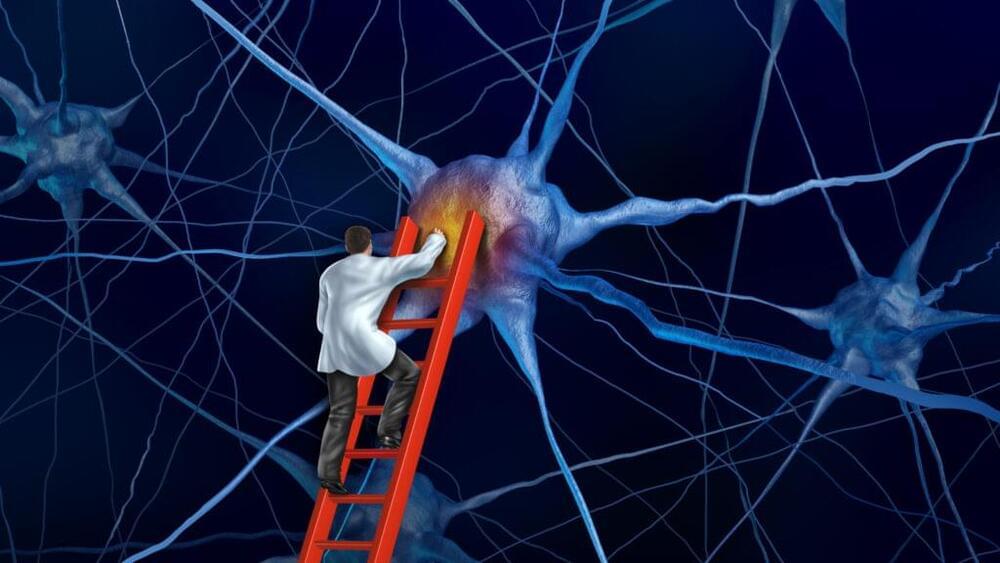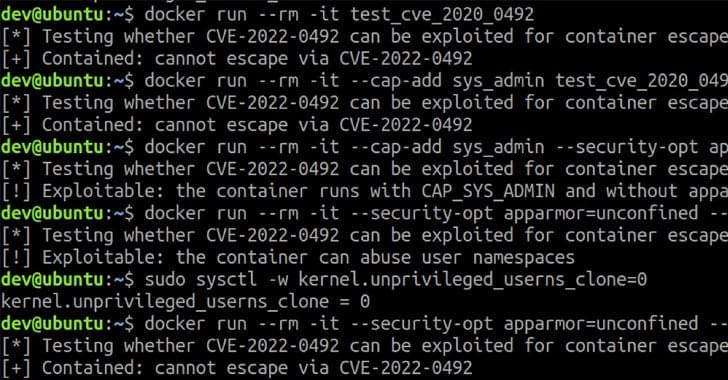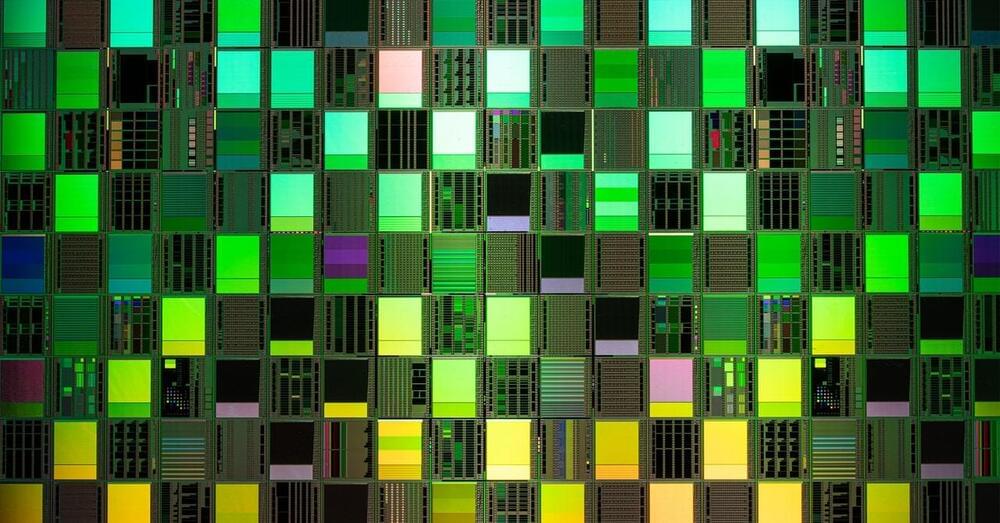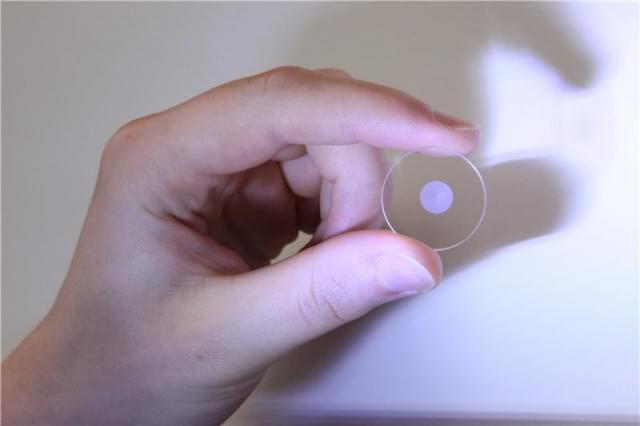A scientist opens a laptop in front of a patient. On screen, a boy, tied to a fleet of balloons, fades in. As he rises into the air, the scene cuts abruptly to an office, where a man sits in front of his boss. A question then appears: “Was anyone in the video wearing a tie?”
Jie Zheng, a postdoctoral fellow at Boston Children’s Hospital, had flown to Los Angeles to show the video to this patient, who has a severe seizure disorder. Like with the 18 other patients who were part of the study, neurosurgeons had placed electrodes in the patient’s brain to pinpoint what had been causing their seizures. Zheng and a group of scientists in a federally funded BRAIN Initiative consortium used this opportune moment to find neurons involved in the creation of memories. While subjects watched clips from movies and answered questions that tested their memory of the videos, the electrical activity of their brains was monitored.
Over three years, the work — a collaboration between researchers at Cedars-Sinai in L.A., Boston Children’s, and the University of Toronto — led to the discovery of two new groups of brain cells: boundary and event cells. The researchers theorized that these neurons are involved in cleaving experiences into distinct events that humans can better remember. The study, published in Nature Neuroscience, may pave the way for new treatments for memory disorders, the authors said.
